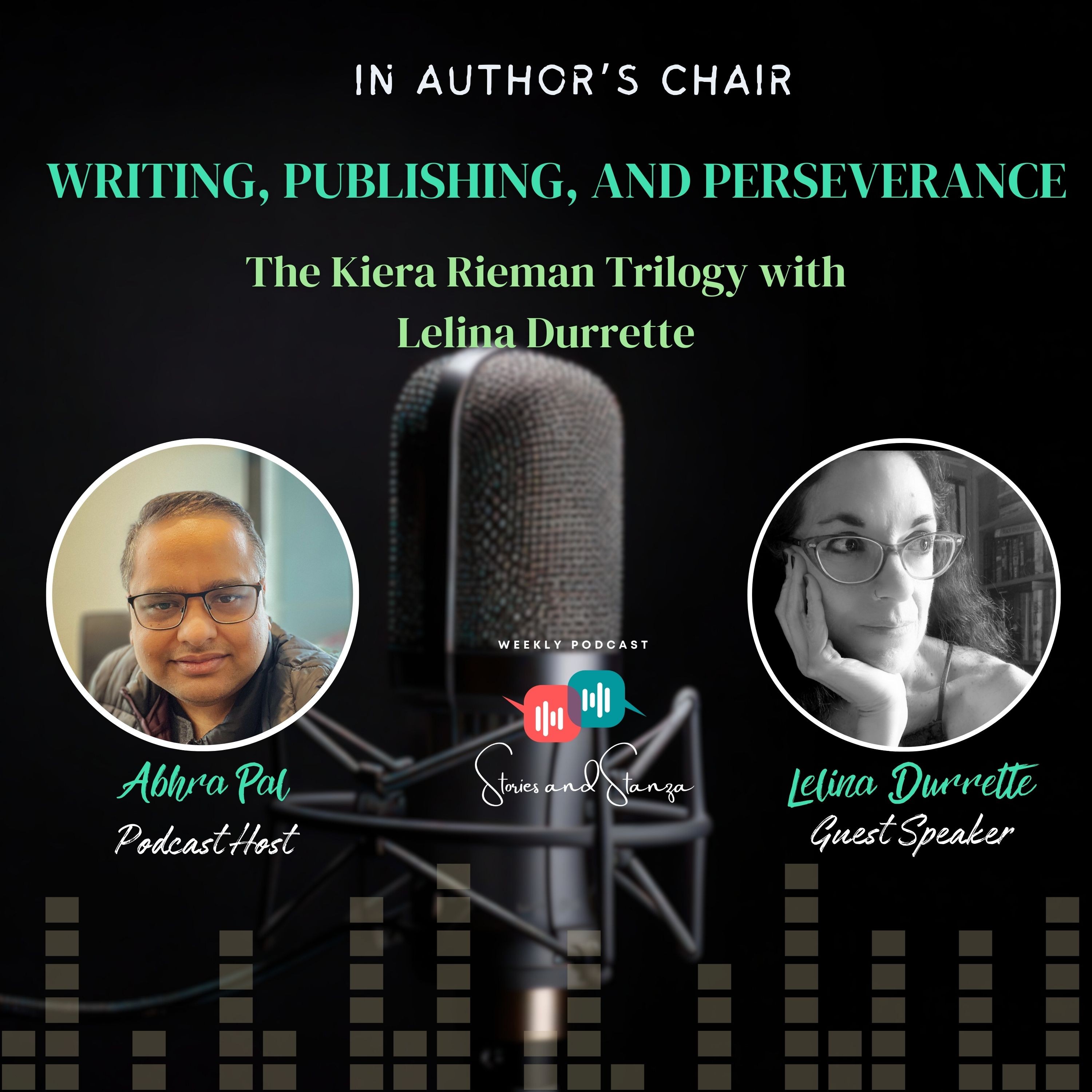In mystery novels, the detective often has special abilities: an exacting eye for detail, a talent for getting people talking, or a mind for puzzles. In Emily Critchley’s book “One Puzzling Afternoon,” the protagonist trying to solve the murder has dementia. Emily and Mayo Clinic dementia expert Dr. Dixie Woolston join us to explore how Emily’s realistic portrayal of the disease helps illustrate the humanity, capabilities and challenges of those with cognitive decline.This episode was made possible by the generous support of Ken Stevens.We talked with:Emily Critchley is a fiction writer living in the UK. “One Puzzling Afternoon,” her latest novel, was Indie Book of the Month, and named a must-read book of the fall by People Magazine. She has also written a YA/crossover novel, “Notes on My Family,” the novel “The Tiny Gestures of Small Flowers,” and the children’s book “The Bear who sailed the Ocean on an Iceberg.” Emily has a first class BA in Creative Writing from London Metropolitan University and an MA with distinction in Creative Writing from Birkbeck, University of London.Dixie Woolston, Ph.D., is the neuropsychology division chair and the interim health psychology division chair at Mayo Clinic in Arizona. Dr. Woolston’s expertise is in all things clinical; she assists with awake brain mapping and fMRI/DTI brain mapping of patients undergoing neurosurgery for brain problems such as epilepsy or a brain tumor, supports the Mayo Clinic Concussion Program, and enjoys working with patients with neurodegenerative diseases such as dementia, MS, neuro-viral issues, and mild cognitive concerns.We talked about:In this episode, Dr. Millstine and her guests discuss:The desire for autonomy and agency. In the book, Edie wants to solve a mystery — partially to prove that she’s still a capable adult. People with dementia often struggle with losing independence, which is why activities such as driving can quickly turn into a contentious point between those with dementia and their loved ones.The ups and downs of dementia. Dementia is progressive, but it doesn’t progress in a straight line. We see Edie have good days and bad days — as do most people with dementia. This can be confusing and, at times, frustrating for their loved ones.The challenges of caregiving. Caregivers are often loving, patient and compassionate. But they’re not immune to frustration. Edie’s beloved granddaughter reaches this point when it’s all too much. It’s important to have compassion for caregivers, Dr. Woolston says. In her book, Emily shows the love and frustration from the people who know Edie best.Can't get enough?Purchase “One Puzzling Afternoon.”From Bookshop.org.From Barnes & Noble.From Amazon.Learn more about dementia.Purchase the Mayo Clinic Press book “Day to Day: Living with Dementia.”Purchase the Mayo Clinic Press book “Mayo Clinic on Alzheimer’s Disease and Other Dementias.”Listen to the Read. Talk. Grow. episode: The weighty decisions around dementia and accompanied death.Got feedback?If you've got ideas or book suggestions, email us at
[email protected] invite you to complete the following survey as part of a research study at Mayo Clinic. Your responses are anonymous. Your participation in this survey as well as its completion are voluntary.
The podcast is for informational purposes only and is not designed to replace the physician’s medical assessment and judgment. Information presented is not intended as medical advice. Please contact a healthcare professional medical assistance with specific questions pertaining to your own health if needed.
















































